How a Small Italian Village Was an Independent State for 400 Years
In the heart of Italy, among the picturesque hills of Umbria, the tiny village of Cospaia is hidden. At first glance, it is an ordinary settlement with cozy houses and narrow streets. But few people know that for almost 400 years, from 1440 to 1826, Cospaia was an independent state. How did it happen that a small village became a real republic, not obeying either the Pope or its powerful neighbors? Let's look into this amazing story.
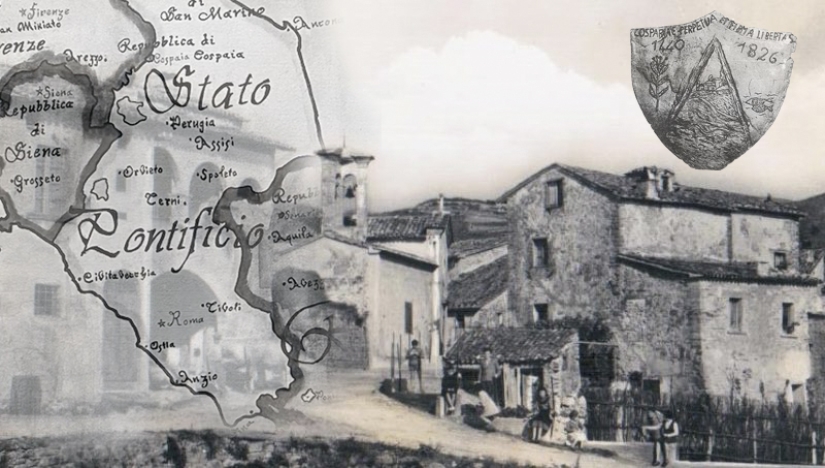
The events that led to the formation of Cospaia began during the Renaissance. At that time, Italy was divided into many kingdoms, principalities, territories controlled by the Pope, and simply private estates, managed by a landowner, not subordinate to anyone. And then, in the midst of all this chaos, the state of Cospaia appears, without a ruler and not knowing what duties and taxes are.
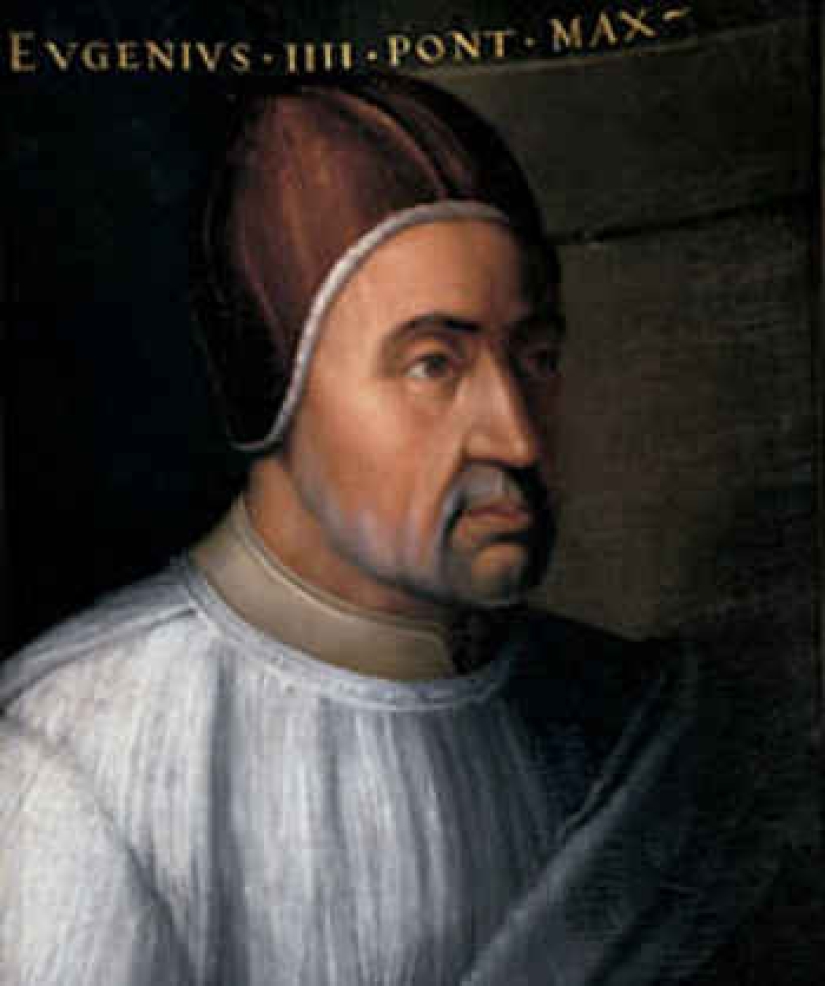
It all started in 1431 when Pope Eugene IV borrowed a large sum of money from the Duke of Florence. Ten years passed, and the time came to repay the debt. But for some reason the pontiff did not become richer, so he decided to come to an agreement with the creditor. They agreed that in payment of the debt the Duke would receive the city of Borgo San Sepolcro and its district in the northern Papal States.
The parties agreed that the border of the lands that had changed hands would run along the Rio River. And here the confusion begins. The fact is that Rio is a very popular name for rivers in Italy. No wonder, because the word translates as "river". There are two such rivers in the Borgo San Sepolcro district. At the same time, they flow several hundred meters from each other.
The surveyors who defined the new borders and put them on the maps were unaware of this nuance. They took one of the rivers as a starting point and did their job. Because of this, it turned out that the territory between the beds of the two Rio rivers was no man's land. The Pope refused it, and the Duke of Florence did not accept it into his borders. On this ownerless land there was a small village called Cospaia.
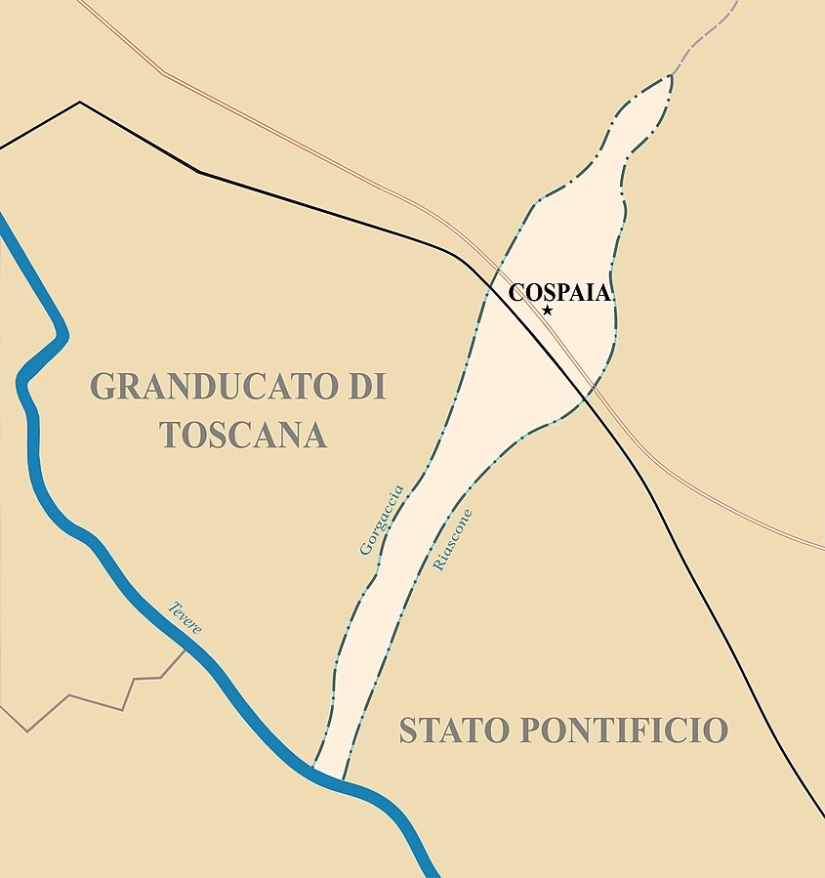
The people of Cospaia were delighted to learn of the topographical error. They immediately proclaimed their village an independent republic. Their happiness could not last long, because the Pope and the Duke soon realized the mistake. But for some reason, the rulers decided to leave everything as it was. Thus was born the Republic of Cospaia - a state of only 3.3 square kilometers, but with a huge desire for freedom.
The Republic of Cospaia was unique not only in its origins, but also in its structure. There was no government in the traditional sense, no taxes, no police, no army. The village was governed by a council of elders, and important decisions were made in the Church of the Annunciation, which served as a kind of headquarters.
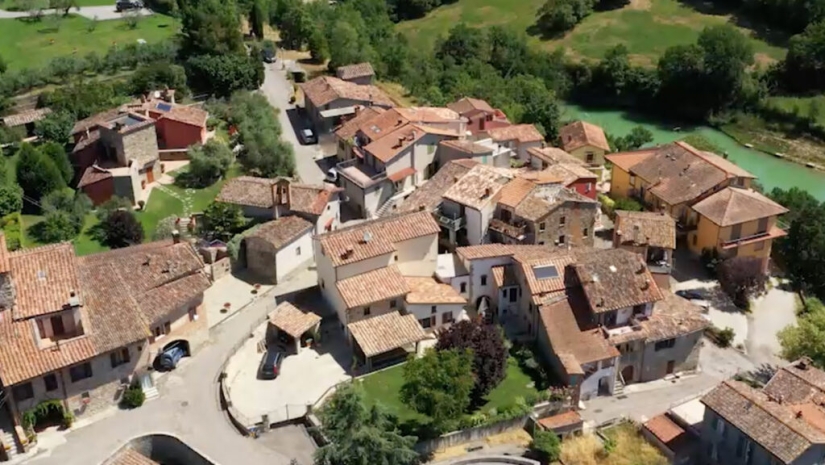
The people of Cospaia lived a simple but happy life. They farmed, made crafts and traded. The lack of bureaucracy and taxes allowed the village to prosper. Surprisingly, there were no prisons in Cospaia – the local culture of self-government and mutual aid made them unnecessary. It was a true oasis of freedom in an era when wars and political strife raged around.
The villagers actively sold agricultural products in neighboring areas. Their income was not taxed, which suited everyone perfectly. Cospaia experienced its heyday in the 16th century, when tobacco was brought from America to Europe and began to be grown. At that time, it brought huge profits: people believed that tobacco could cure many diseases.
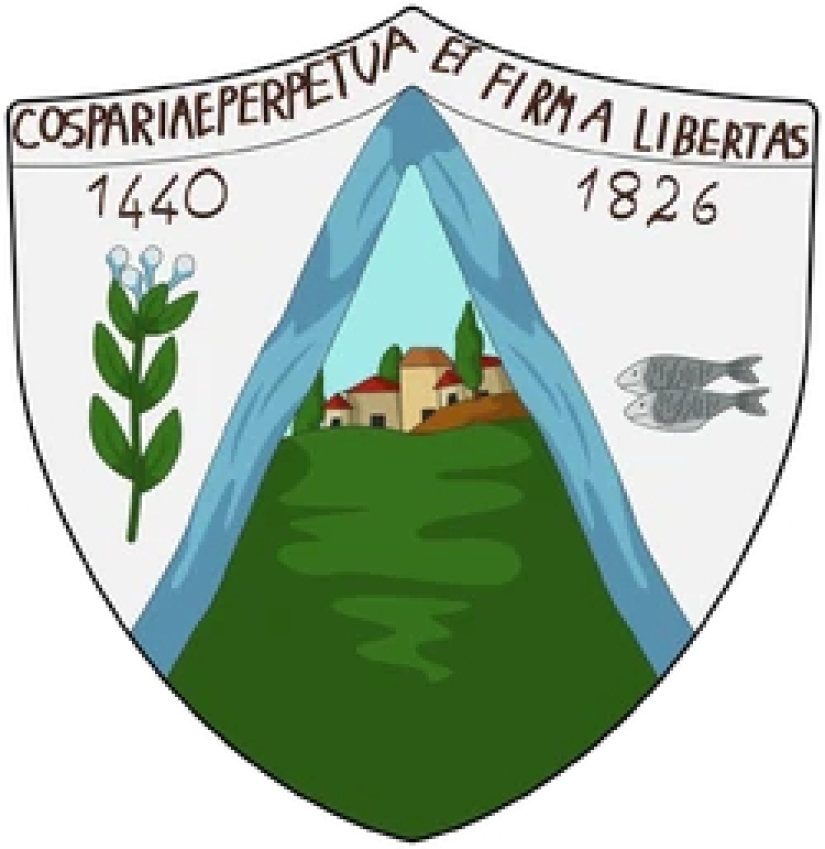
The Catholic Church banned the new crop almost immediately. The Pope threatened to excommunicate anyone who used, grew or sold tobacco. Despite this, smoking and chewing tobacco became increasingly popular, and even some priests and cardinals secretly indulged in the vice.
Because of the persecution of the church, growing tobacco in Italy was difficult and the price of the product was constantly rising. The only place where tobacco plantations flourished was Cospaia, which was not subject to the Pope or the rulers dependent on him. The village not only grew tobacco, but also conducted transactions for its sale. Soon Cospaia became the center of tobacco trade in Italy.
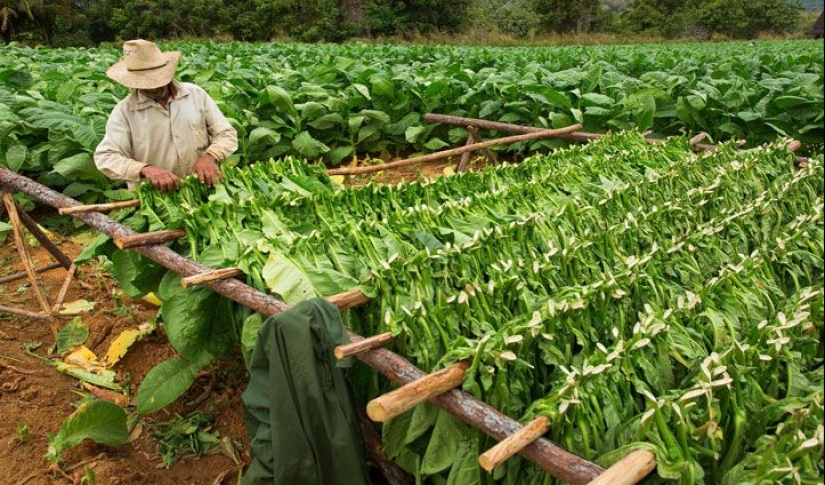
On 25 hectares of fertile land, the inhabitants grew tobacco, which was eagerly bought by neighbors. The papal treasury even rewarded the Cospaians with silver coins so that they would continue production. It was a rare case of a small village dictating its terms to powerful neighbors.
You'd think such a tiny republic would be easy to conquer. But Cospaia managed to maintain its independence for almost four centuries. Why has no one encroached on its freedom?
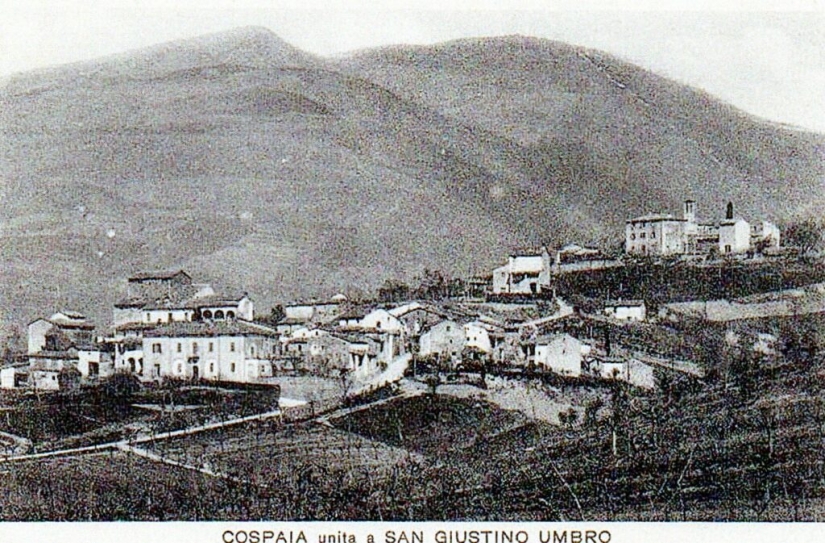
First, the village was too small and had no strategic value. Neither the Pope nor Florence saw any point in wasting their energy on capturing it. Second, Cospaia was peaceful and did not get involved in conflicts, making it a convenient neutral neighbor. Finally, its tobacco monopoly benefited everyone around it, and no one wanted to disrupt this beneficial order.
Unfortunately, even the most amazing stories come to an end sooner or later. In 1826, after 386 years of freedom, the Republic of Cospaia ceased to exist. The Pope and the Grand Duke of Tuscany finally decided to divide its territory. The Papal States got the largest part, and the inhabitants lost their independence.
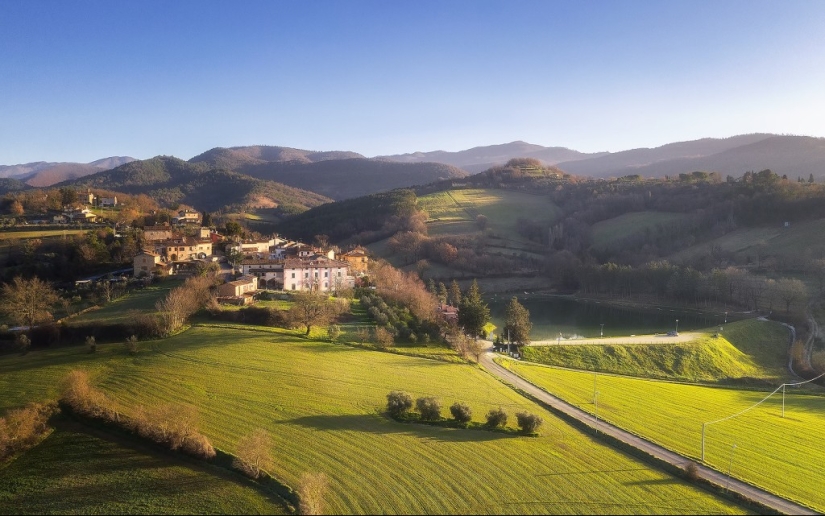
The end of the republic was not due to war, but to corruption and economic abuse. The freedom of Cospaia, which was its strength, also became its weakness: without strict control, some residents began to abuse their position. This gave the neighbors an excuse to intervene and put an end to the anarchic utopia.
For the first time in centuries, the village began to pay taxes, and economic activity was supervised. But it was not as if dark times had come for the people of Cospaia. The village received a license to grow tobacco. It stated that from now on, no more than 500,000 bushes could be planted per year. For the small local population, this was more than enough.
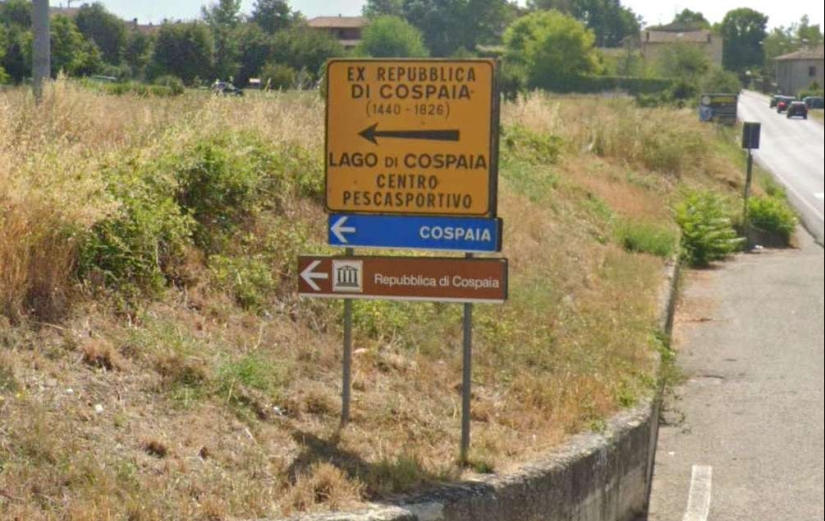
Today, the once prosperous village of Cospaia is a small settlement with a few old houses. Its glorious history is only recalled by a sign at the entrance reminding of centuries of independence. Also, the local church proudly bears the inscription: Perpetua et Firma Libertas — "Eternal and Firm Freedom."
The last self-proclaimed independent state on Italian territory emerged in 1919. It was called the Republic of Fiume and its citizens received free cocaine and could walk naked in the streets.
Recent articles

In the fall of 1972, Bill Yates traveled through the countryside in the vicinity of Tampa, Florida. At that time, he was studying ...

Severe cold weather does not give up its positions. We offer you to admire the magical photos of winter Europe, because snow and ...

Vladimir Lyubarov is an artist from the countryside who paints pictures of real life. But he brings amazing characters, birds, and ...